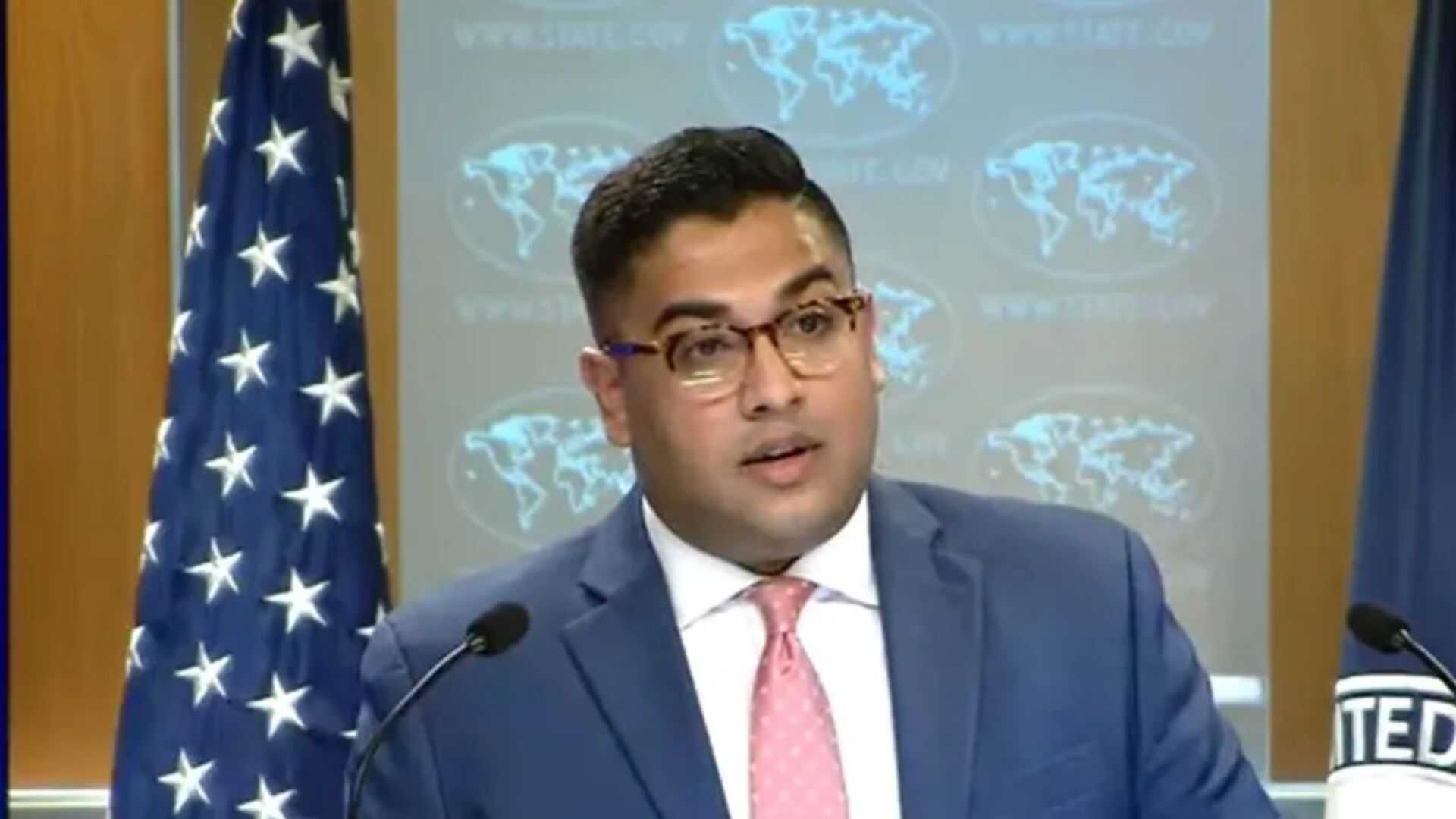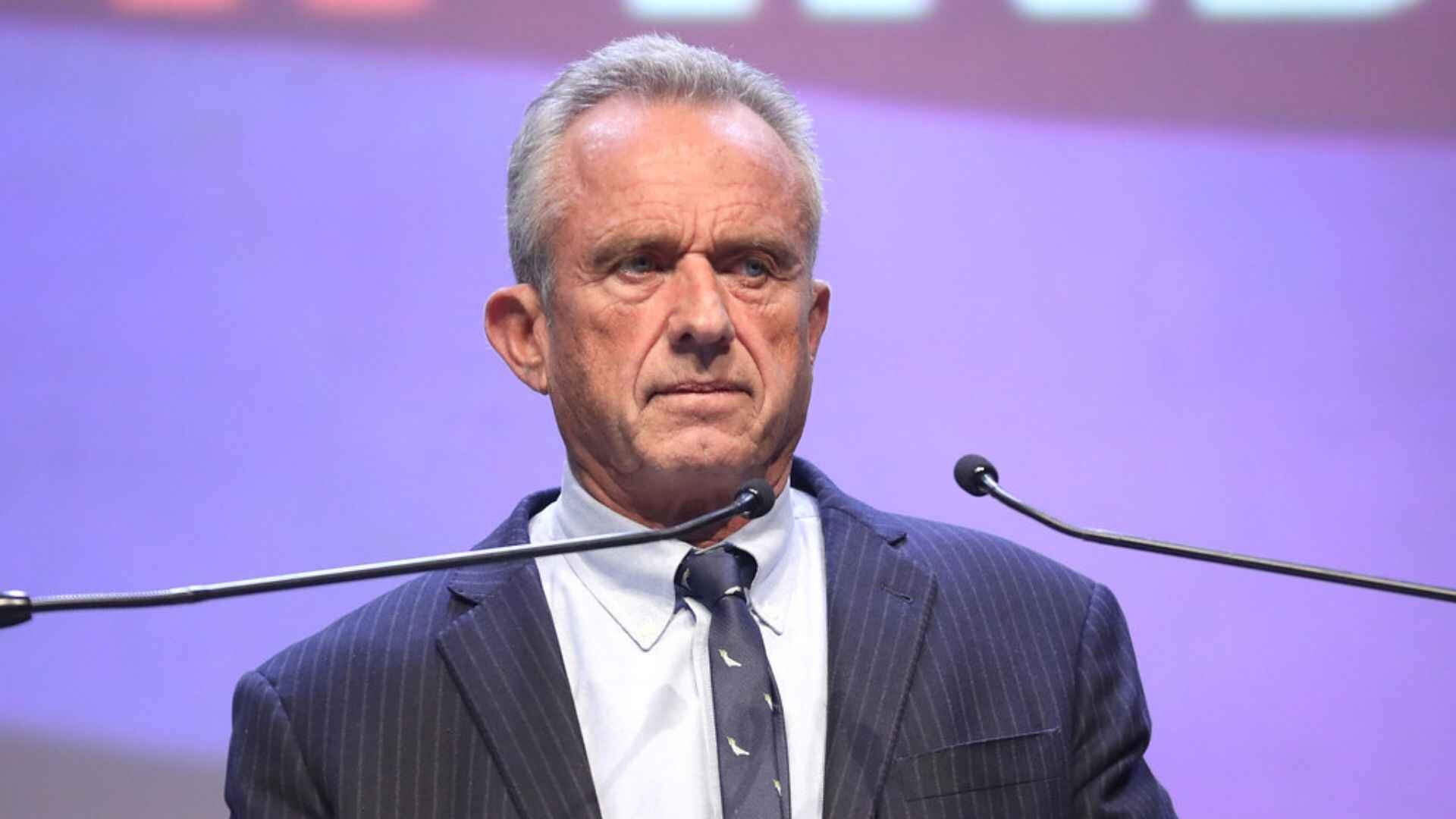
Defining spirituality may be complex as there may not be any agreement regarding the concept of spirituality. One of the definitions mentions spirituality as a personal quest for understanding answers to ultimate questions about life, its meaning and about consciousness.
In 1988, the Director-General of WHO approved a draft resolution which said: “Health is a state of complete physical, mental, social and spiritual well-being and not merely the absence of disease and infirmity.” However, the proposed amendment to include the “spiritual well-being” component was not approved by the World Health Assembly. Thus, although spiritual well-being has been an important aspect of health, it has not always gained its rightful position.
Religion and spirituality have been linked to several health behaviours. More than 75% of the rigorously carried out studies have found an association of religion and spirituality with greater longevity. It is hypothesised that religiousspiritual involvement may influence physical health and longevity through psychological (perhaps due to better coping), social (for example through greater social support) and better health behaviours (such as a lowered risk of smoking).
A scientific review of over 50 studies and 12,000 patients assessed the patient perspective about discussion related to spirituality during treatment. Majority of the patients felt such a discussion was appropriate. However, it becomes important for the doctors to identify which patients would want such a discussion and how to go about it. Considering the current Covid-19 pandemic, this issue becomes important especially when people are struggling to find solace and meaning in life.
Understandably, a large part of the literature on religion/spirituality and health is related to mental health. The section on Religion, Spirituality and Psychiatry (SRSP) of the World Psychiatric Association had also produced a position paper on religion and spirituality in mental health based on international consensus. Some of the important issues which arose out of the deliberations were related to acknowledging the value of considering religion and spiritual issues as a part of good clinical practice, while at the same time a patient’s lack of such beliefs should be respected. It also involves understanding the boundaries while carrying out such assessment and adequate training of mental health professionals to address these issues during the service delivery (Position Statement, Royal College of Psychiatrists, 2013).
Spiritual aspects often get neglected during the delivery of mental health care either due to lack of awareness of the available evidence or lack of training on how to deal with religious or spiritual beliefs in clinical practice, the influence of ideologies that dismiss or consider religious or spiritual involvement as pathological, mental health professionals own attitude towards religiosity or spirituality and rivalry between medicine or religion/ spirituality as discussed by the author Moreira-Almeida et al in 2014.
Weber and Pargament in 2014 in the paper on the role of religion and spirituality in mental health have discussed several facets of religion, spirituality and mental health. Research has shown that religious involvement and spirituality have been associated with better mental health and quality of life. It has been associated with lower rates of depression, anxiety and suicide. The higher level of certainty in the belief system has also been associated with better psychological status. There has also been a negative relationship between spirituality and substance use. Positive religious coping has also been associated with better mental health.
There have been efforts made to explain the relationship of religion/spirituality with mental health. One of the most important of these is religious coping resources that give meaning to difficult life situations and a sense of purpose.
These beliefs may normalise loss and change. Religion and spirituality encourage pro-social behaviour and positive values that may themselves help to maintain and enhance social relationships. Over 100 studies have examined how religious/ spiritual affiliation is associated with coping with a range of illnesses or different stressful situations and have found that it is by and large helpful as studied by Koenig in 2012. More than 300 papers have also studied wellbeing and most studies had found a positive relationship with aspects such as hope, optimism, meaning and purpose as well as selfesteem. The relationship of religion/ spirituality with social support and social capital, which is a measure of community involvement and volunteerism, has shown a positive relationship.
However, we must not forget that religion has also been used to justify hatred, aggression and rigid thinking by some. It may produce conflict and strain related to anxiety and guilt about the inability to maintain high religious standards or practices. Religious and spiritual beliefs may influence treatment decisions and sometimes conflict with medical advice. As His Holiness Sri Sri Ravi Shankar says, whilst spirituality is the banana, religion is the banana peel. We often keep the peel and throw away the banana. Spirituality or the journey inwards is facilitated by the practice of meditation and advocates as well as nurtures love towards humanity.
The rationale for integrating spirituality into healthcare includes finding that many patients have spiritual needs related to their illness and their belief systems may influence their ability to cope with a disease and influence outcome. Strategies to overcome barriers to integrating religious/spiritual issues into interventions include understanding these cultural issues by the medical fraternity (cultural competence), disseminating knowledge about available evidence regarding the impact of religious/spiritual issues on mental health and training on how to address these issues in practice. Doctors are also now opening up more and more to understand these aspects and incorporate them into their practice. Some portions have been taken from the book ‘Social Psychiatry: Principles and Clinical Perspectives’ by Anju Dhawan and Monica Mongia.
The writer is professor, Department of Psychiatry and National Drug Dependence Treatment Centre, AIIMS, New Delhi, Art of Living faculty, and meditator














